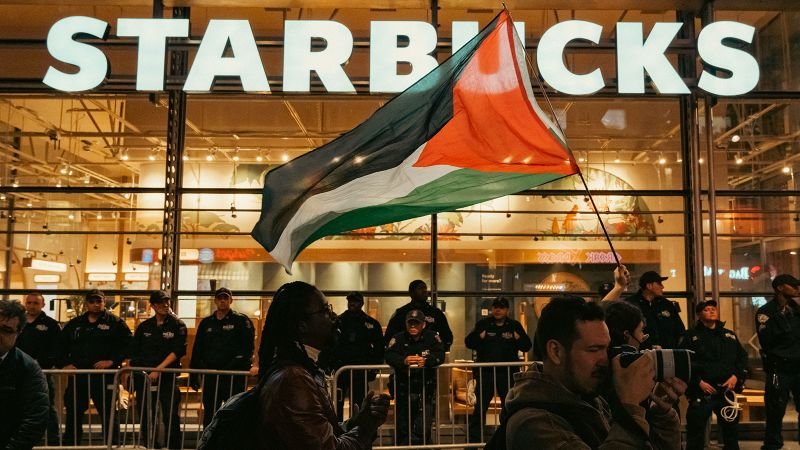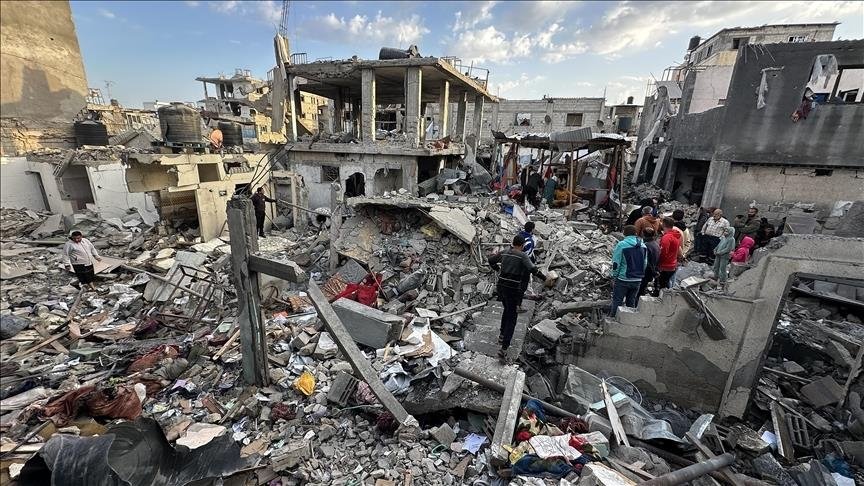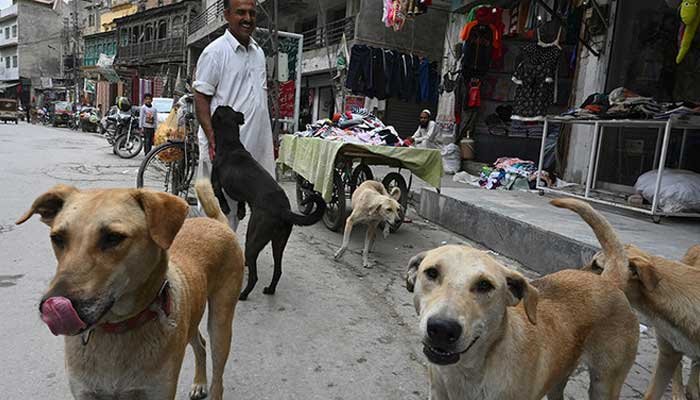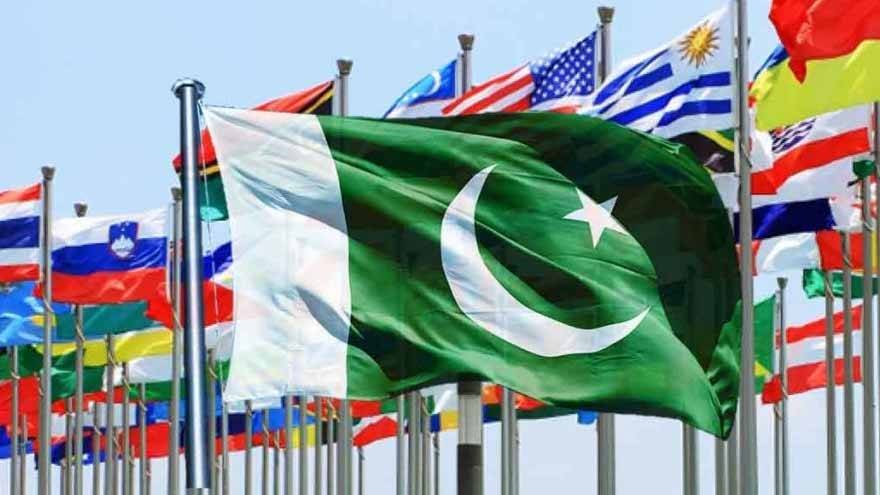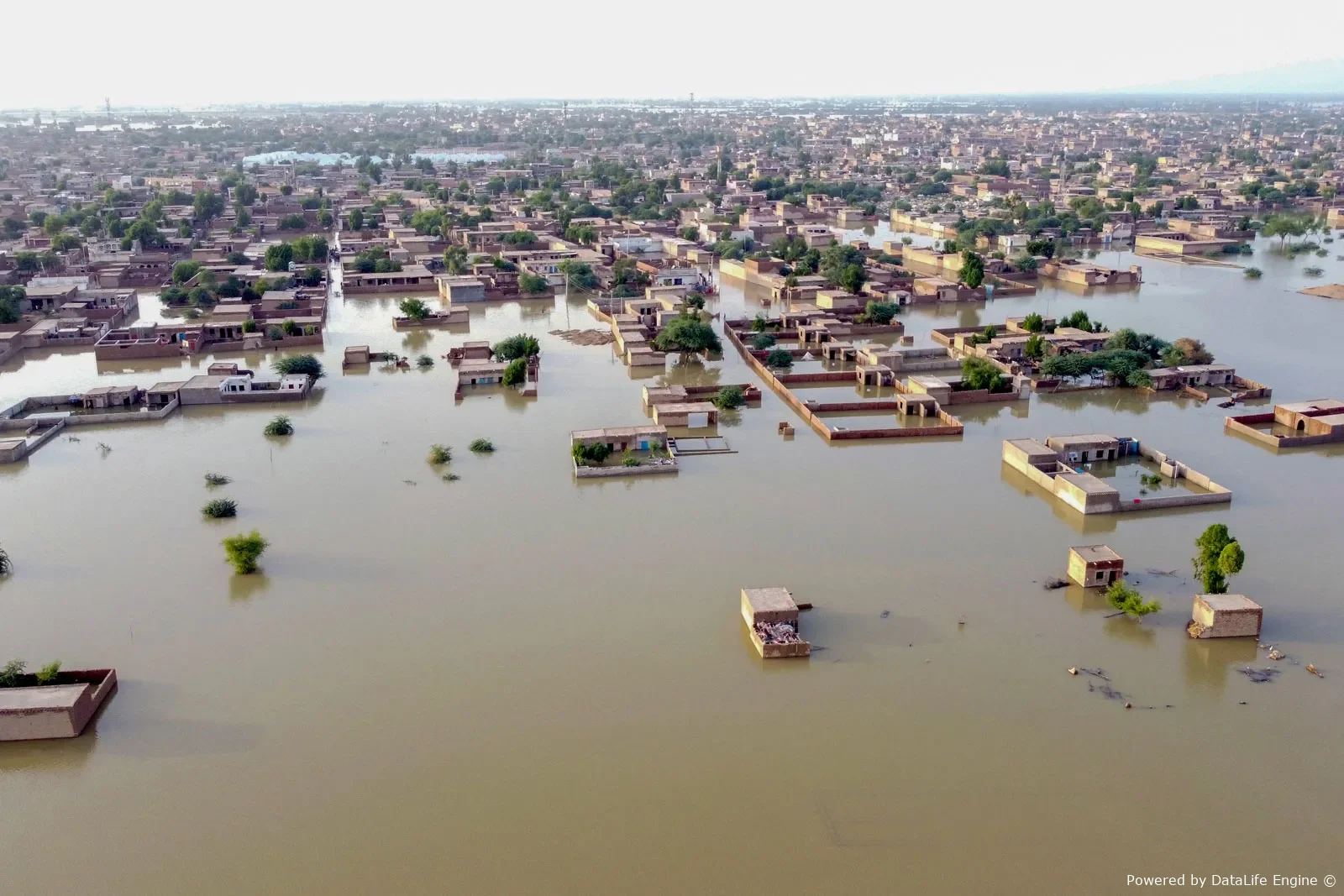Starbucks has announced the closure of 400 stores across North America, a decision that comes amid declining sales and widespread global backlash over the company’s perceived stance on the Gaza conflict. Analysts suggest that the move reflects the growing financial impact of the ongoing boycott, which has led to steep revenue losses in several markets, including the Middle East, North Africa, and even parts of the United States, where many outlets have reported significant drops in customer traffic.
The controversy began when Starbucks filed a lawsuit against its workers’ union after it expressed solidarity with Palestine. The legal action triggered international criticism, protests, and calls for boycotts from consumers who viewed the company’s response as dismissive of humanitarian concerns.
As the closures take effect, the situation underscores a broader shift in consumer behavior — people are increasingly choosing to withhold support from corporations they believe are complicit through silence or inaction in humanitarian crises. The Starbucks case highlights how brand reputation, ethics, and social responsibility have become key factors influencing public trust and purchasing decisions in today’s global market.

